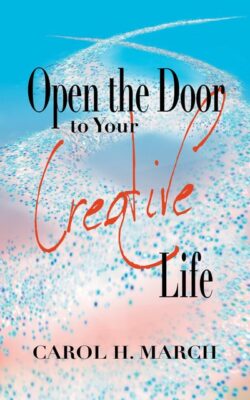
Do you love to tell stories? Do friends say you ought to write a book? Do you take them seriously?
Whether or not you aim for publication, telling your stories is a great way to learn about who you are, how you’ve lived your life, and what you’d like to change.
For years I’ve taught a course on Writing for Healing, because I believe that people who express how they feel about difficult, stressful, and traumatic life situations can change their lives. Once we move from stress, depression, and pessimism to hopefulness, anything is possible.
The good news is, it isn’t hard. Writing for healing means journaling about what happened and how you feel about. The writing does not need to be shared, published, or even re-read. Simply putting down the words is enough.
Years of research have shown that writing requires us to use the analytical brain to find the words and concepts to describe what happened. It also uses the emotional brain to attach those words and concepts to our feelings. When we write for healing, immune function increases. With less energy spent pushing down our feelings, our t-cells are more energetic, helping us stave off colds and viruses.
People who regularly write about difficult experiences find they come up with new solutions to problems, understand the patterns of their lives, and learn how to address future challenges. They discover their thought processes can heal them!
Another benefit of personal writing is to examine the stories we live by. Our parents teach us who we are, what we can expect from life, what is possible and what’s out of reach. We internalize these stories and all those that follow, then behave as if they are true.
But, wait a minute! They’re stories! Stories can change!
Writing a new story is a wonderful way to explore how we might change our lives for the better.
My neighbor lives by the story that she is not talented enough to paint the pictures she sees in her mind. Discouraged by an art teacher in high school and told by her parents that art is not practical, she put aside her passion and studied accounting. At mid-life, she is considering that her story about what is possible, practical, and safe is one she is ready to discard.
Journaling to learn about ourselves, to heal, to grow and develop works!
At minimum, we feel better. And for those who persevere, it can lead to shedding worn-out ideas and embracing a new identity.
It may even inspire you to write a short story, novel, or memoir. Creative expression of any type is an antidote for feelings of unease, despair, even stagnation that can arise when we don’t allow our authentic self to express through us.
So, write, paint, dance, plant a garden, design a house. Listen to the inner wisdom waiting to be heard.
Open the door!

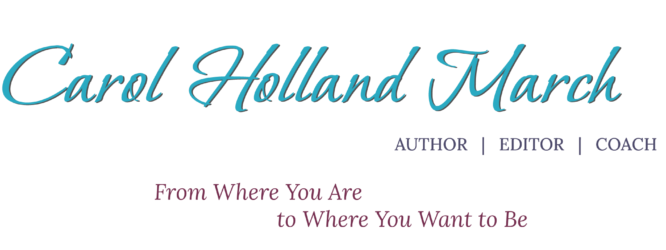
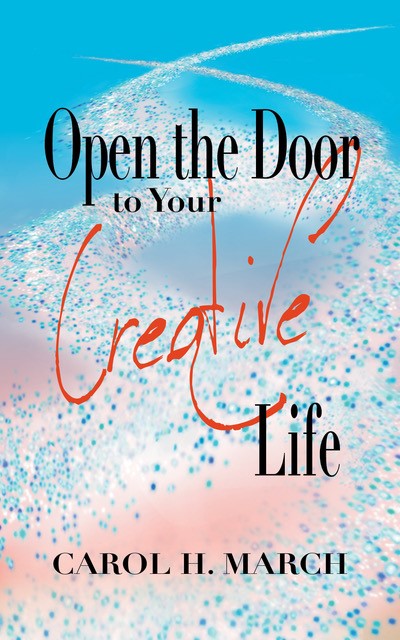
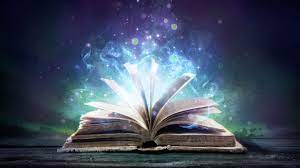

 To move forward in collaboration with your Creative Self, you may need to re-arrange some priorities. I sure did.
To move forward in collaboration with your Creative Self, you may need to re-arrange some priorities. I sure did.
 Do you have a story to tell?
Do you have a story to tell? 
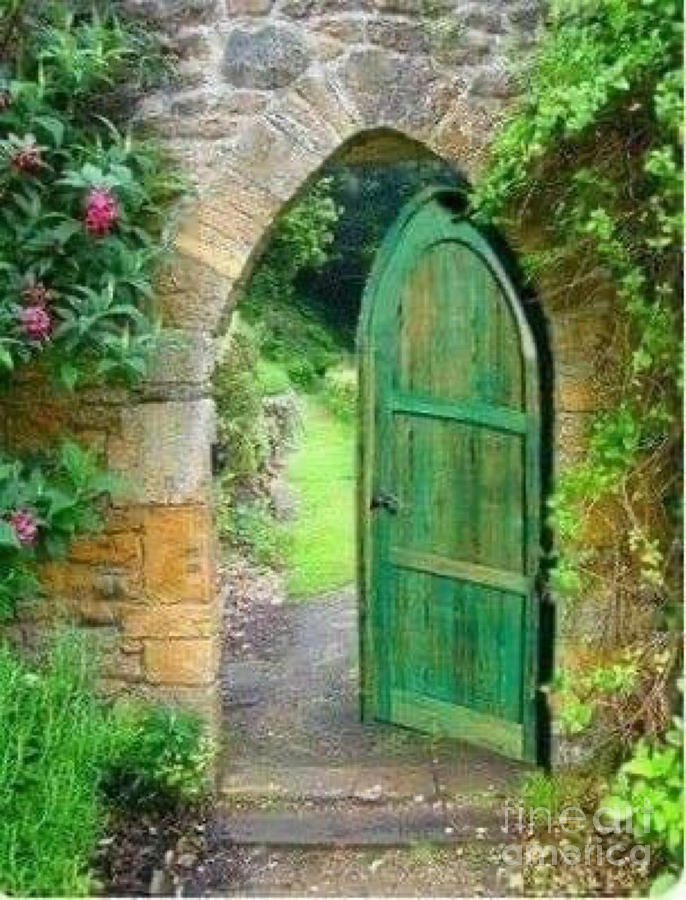
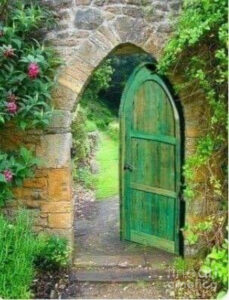 It’s right there. Behind that tree. In the shadow of the curtain in the room where you sleep. In your dreams, glowing with golden light.
It’s right there. Behind that tree. In the shadow of the curtain in the room where you sleep. In your dreams, glowing with golden light. 
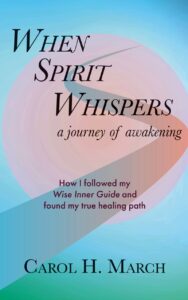



 Vein of Gold, metaphorically the hidden treasure of our lives, is the title of a Julia Cameron book on journaling our way to creativity and spirituality. Her books are for people seeking to uncover their art, who may be stuck, or lack confidence in their ability to bring forth their ideas.
Vein of Gold, metaphorically the hidden treasure of our lives, is the title of a Julia Cameron book on journaling our way to creativity and spirituality. Her books are for people seeking to uncover their art, who may be stuck, or lack confidence in their ability to bring forth their ideas.

